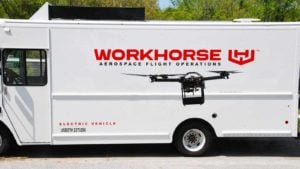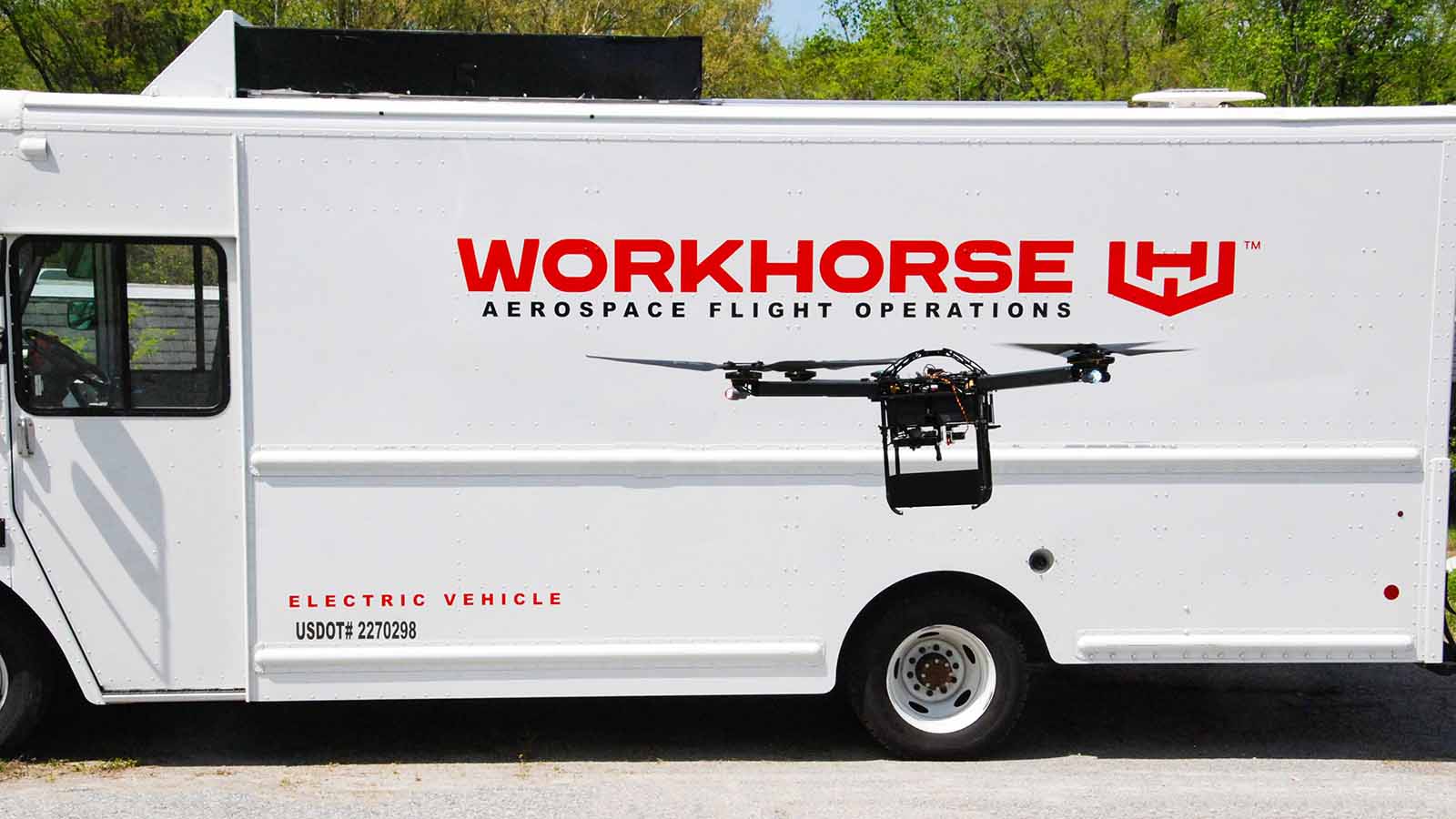Electric vehicle (EV) stocks have seen renewed enthusiasm recently. However, this optimism has provided little solace for long-time investors in Workhorse (NASDAQ:WKHS). The stock has more than doubled from its low point in May around $7 to a recent high of $18. WKHS stock closed today trading at $11.46 per share, which is a long way from its all-time high of $40.

WKHS stock is still in a downtrend, as it has not risen above its 200-day moving average of $18.29. This number acts as a strong level of resistance when a stock is trading below it.
The bullish case for Workhorse had centered on the company winning an extremely lucrative U.S. Postal Service (USPS) contract. When the company lost the contract to rival Oshkosh (NYSE:OSK), a lot of short-term investors rushed out to the exit.
However, these investors ignored the remaining potential in WKHS stock. The company has been working on projects aside from the USPS contract, and these could boost its stock in the long term.
HorseFly Is WKHS Stock’s Secret Asset
Drone-enabled delivery is said to be the future of the last-mile logistics industry. Workhorse is making this admittedly science fiction-sounding concept a reality.
The HorseFly is an all-electric drone that is incorporated into its trucks. The drone can carry a 10-pound payload and fly at an airspeed of nearly 50 miles per hour. In theory, a Workhorse truck can drive into an area, then use the drones to swiftly deliver parcels.
The company has tested delivering a payload from up to 10 miles away. Parcels are dropped from a height of 50 feet and customers can specify a drop point location on their property. Package recipients can also view location updates and real-time flight videos of the delivery via a mobile app.
Last year, Workhorse formally submitted its Type Certification application to the Federal Aviation Administration (FAA). The certification process takes an average of 12 to 24 months and is an important step in bringing a product to market.
In its Q1 conference call, Workhorse shared that it had delivered its first HorseFly system to a commercial customer. The company also successfully completed 45 test flights as part of its FAA certification process. The drone successfully passed all 45 tests on the first attempt.
Drone-Enabled Delivery Can Be a Game-Changer
There is massive potential for drone-enabled delivery, especially as e-commerce grows. Historically, last-mile delivery meant moving large quantities of goods to central locations. In contrast, last-mile delivery in eCommerce involves many small packages going directly to consumers in different locations. This has exponentially driven up the labor costs required to fulfill these orders.
ARK Invest estimates that drone-enabled shipping could potentially cut last-mile delivery costs by 90%. They predict that by 2030, 35% of all retail sales could be delivered by drones.
The drone-enabled last-mile delivery industry could be worth as much as $113 billion by the end of the decade. Workhorse is a first-mover in this area, giving the company a leg-up over many of its peers.
WKHS Stock Has Potential Beyond USPS Trucks
I believe there could be value in WKHS stock at current levels. The sell-off in the stock after the loss of the USPS contract has been overblown. In its short-sightedness, the market has failed to account for the potential of the company’s drone technology.
Workhorse can be, pun intended, a “dark horse” once again among EV stocks. Investors should consider accumulating shares at these price levels.
On the date of publication, Joseph Nograles did not have (either directly or indirectly) any positions in the securities mentioned in this article. The opinions expressed in this article are those of the writer, subject to the InvestorPlace.com Publishing Guidelines.
Joseph Nograles is a part-time freelance copywriter focused on the financial industry. He has worked in a wide variety of industries from tech to consulting with one of the “big four.” He has always enjoyed analyzing businesses and has been a CFA charterholder for nearly a decade now.
